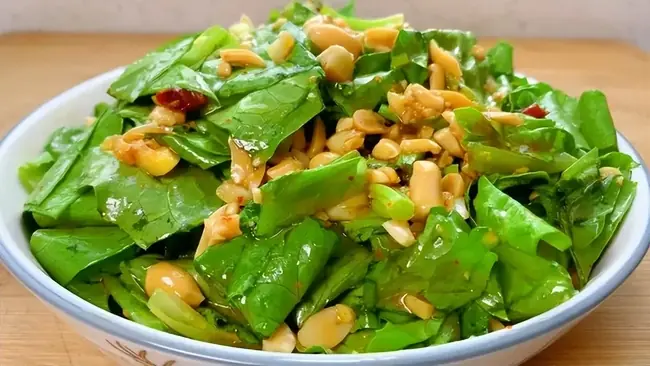
Chia Seeds Are a ‘Superfood,’ But 5 Groups Should Use Them with Extreme Caution
Chia Seeds Are a ‘Superfood,’ But 5 Groups Should Use Them with Extreme Caution
For the following five groups of people, consuming chia seeds should be done with caution — ideally under the guidance of a nutritionist or healthcare professional.
Chia seeds are considered a “superfood” thanks to their high nutritional content, being rich in fiber, Omega-3 fatty acids, and plant-based protein. However, according to nutrition experts, chia seeds are not suitable for everyone. In fact, if consumed improperly, they can have the opposite effect and harm health, especially for certain groups of people listed below.
1. People with digestive issues
Chia seeds absorb water and expand in the stomach, which helps create a feeling of fullness. However, for those with digestive problems such as irritable bowel syndrome (IBS), bloating, or abdominal distension, consuming large amounts of fiber from chia seeds can worsen the condition. People with sensitive digestive systems should consume chia seeds in small amounts, drink plenty of water, and monitor their body’s response.
2. People taking blood pressure–lowering medication
Chia seeds contain potassium and alpha-linolenic acid, which can help lower blood pressure. However, for individuals being treated for hypertension with specific medications, combining chia seeds with their regimen may cause blood pressure to drop too low — leading to dizziness, lightheadedness, or even dangerous hypotension. This group should consult a doctor before adding chia seeds to their daily diet.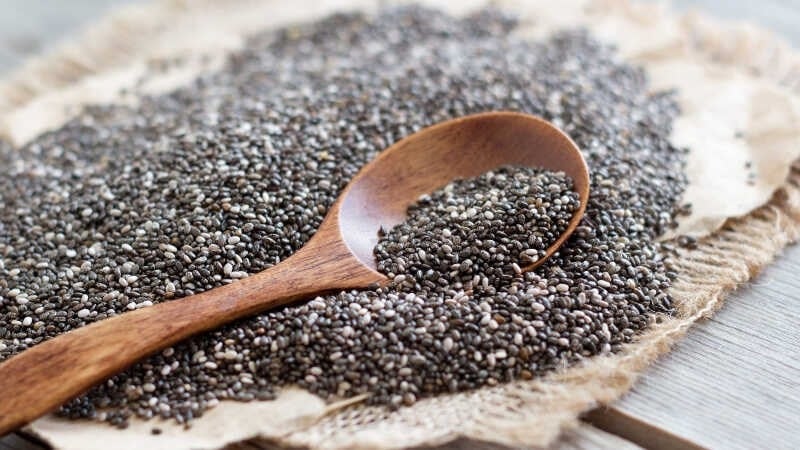
3. People on anticoagulant medication
The Omega-3 in chia seeds has anti-inflammatory properties and acts as a natural blood thinner. This can pose a risk for individuals taking anticoagulant drugs such as aspirin or warfarin, as the combination may increase the risk of bleeding, hemorrhage, or easy bruising from minor impacts. These individuals should not consume chia seeds without medical supervision.
4. People with a history of seed allergies
Although chia seed allergies are rare, they can occur, particularly in people allergic to other seeds such as sesame, flaxseed, or canola seeds. Symptoms may include rashes, itching, swelling, or even difficulty breathing after consumption. If these occur, stop using chia seeds immediately and seek medical attention.
5. People who drink little water when consuming chia seeds
One of chia seeds’ notable properties is their ability to absorb water up to 10–12 times their weight. Eating dry chia seeds without sufficient water intake can lead to throat blockage, bloating, or discomfort. In severe cases, it may cause esophageal obstruction, which can be life-threatening.
News in the same category

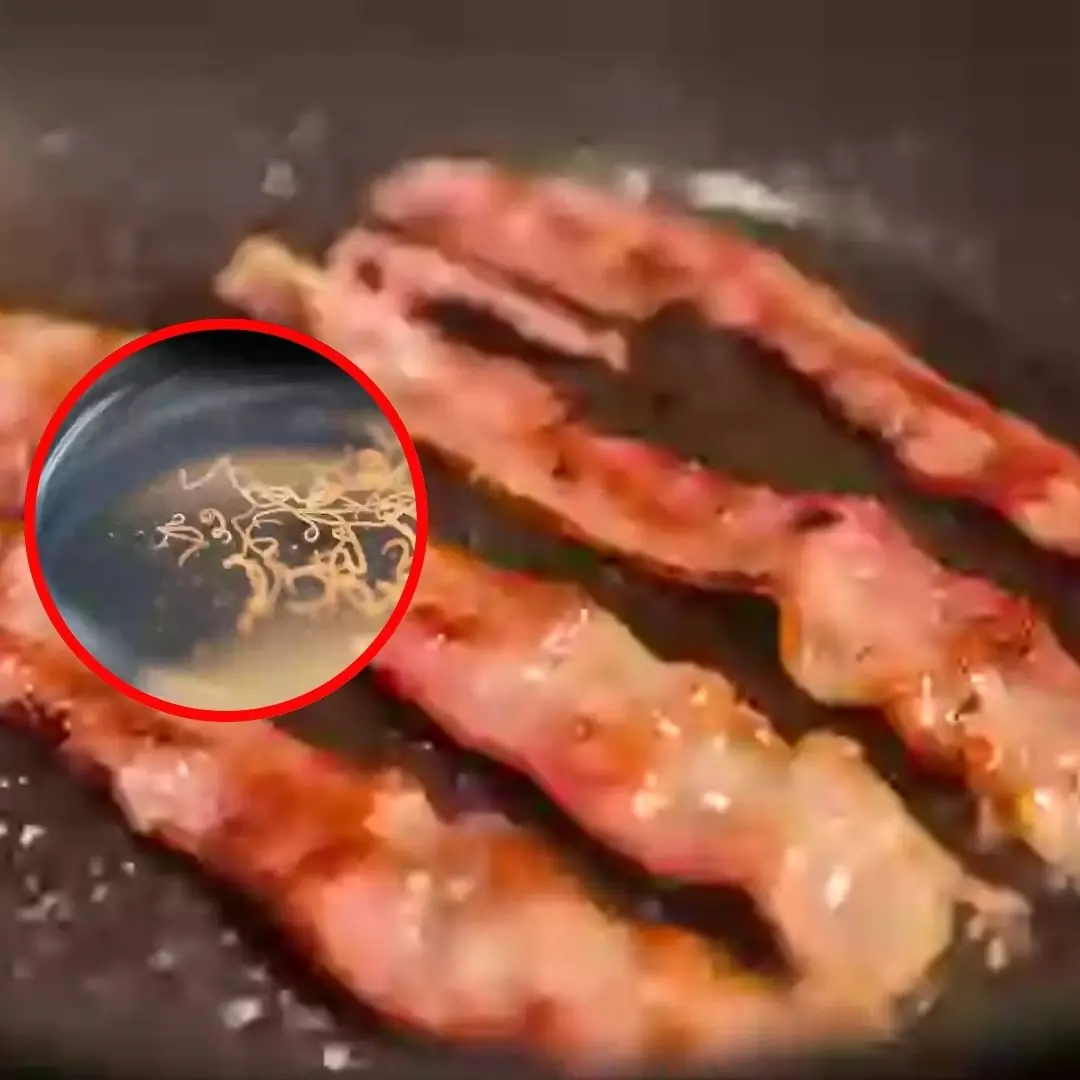
Man develops 'pork worms' in his br.ai.n after years doing this specific cooking habit

Diabetes can 'show' strange signs in the neck: If you see them, don't ignore them
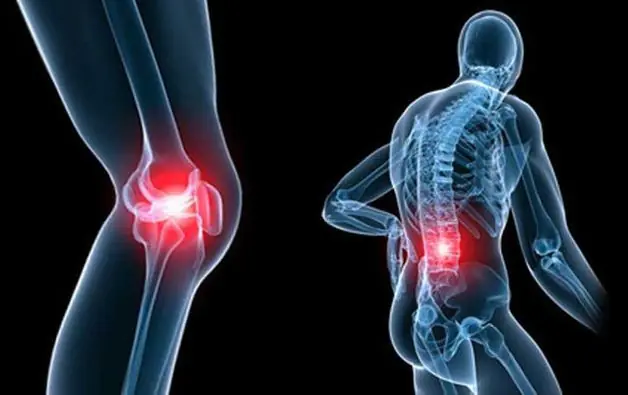
3 Drinks Called the “Calcium Drainers” But Many People Still Love

4 Surprisingly “Clean” Vegetables with Minimal Pesticides

6 Golden Habits to Help Seniors Reduce the Risk of Cerebral Infarction

Want the Health Perks of Coffee? Here’s the Best Time to Drink It

6 things you should absolutely not do when you have neck and shoulder pain because they destroy bones and joints and are terrible for your stomach
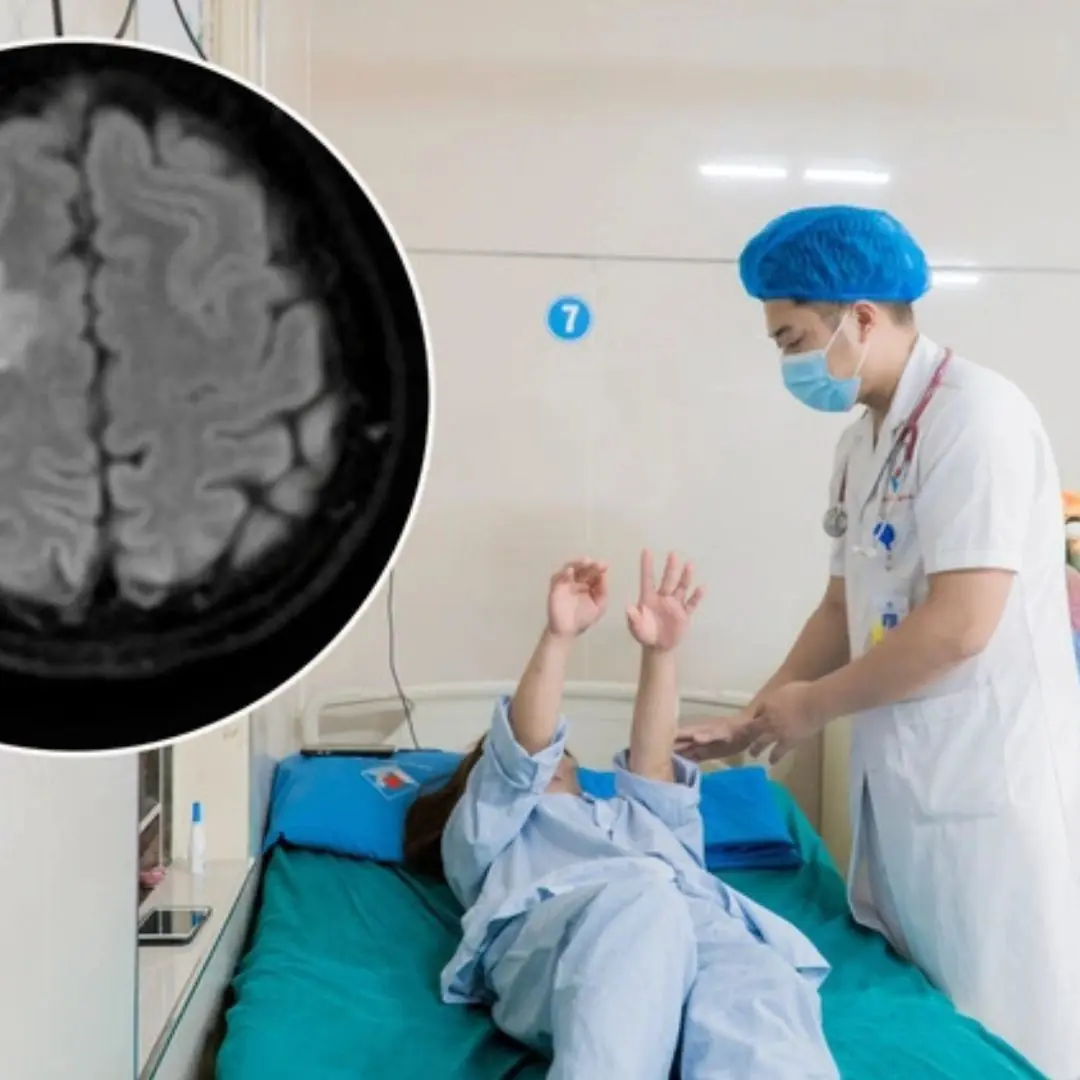
Headache for 5 days, woman suddenly fell to the ground, co.nvulsed, had difficulty speaking

Summer or winter, Japanese people wear socks to sleep — here’s why!
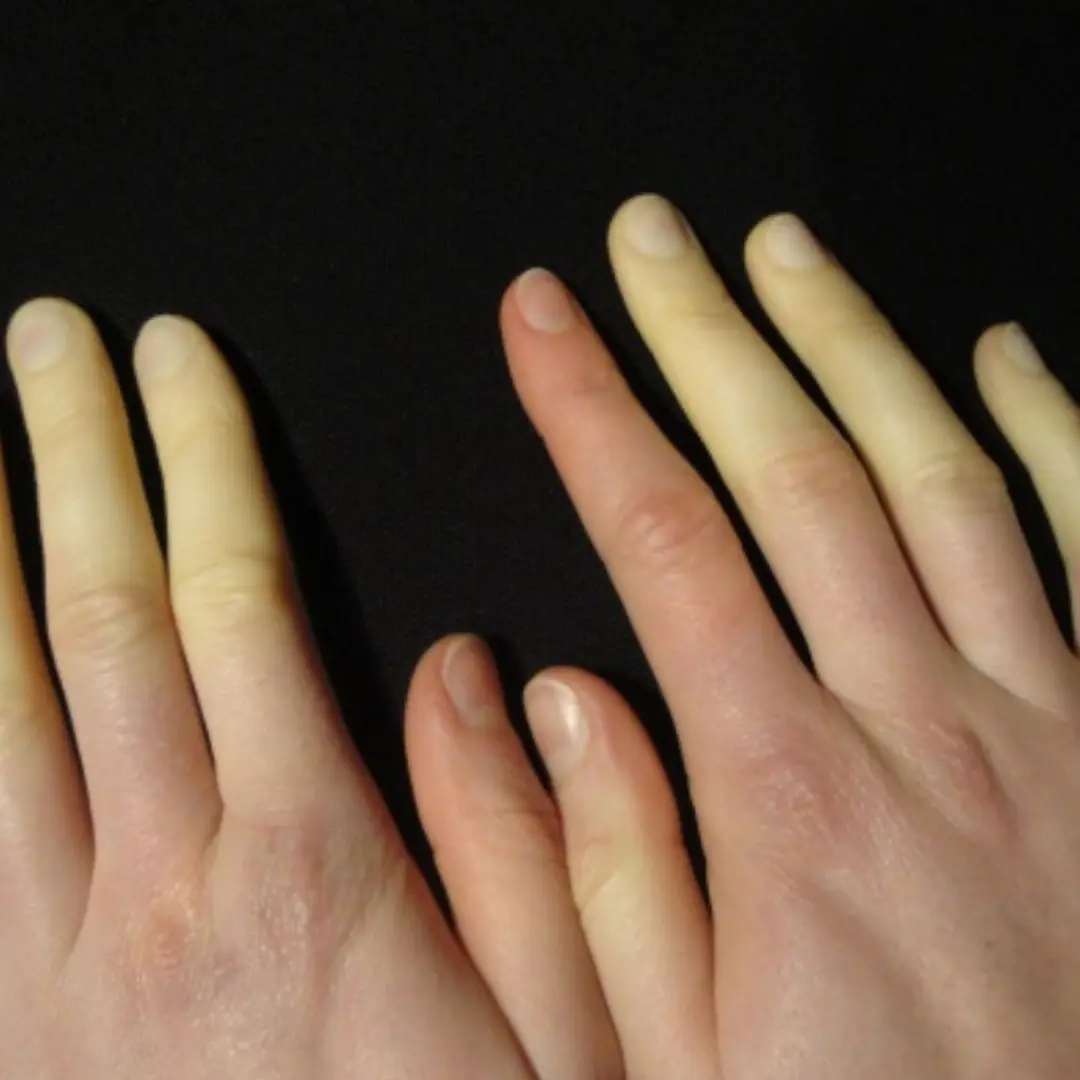
Spot these 10 symptoms? It’s time to see a doctor without delay!

4 Types of Pimples That Could Be a “Disguise” for Can.cer
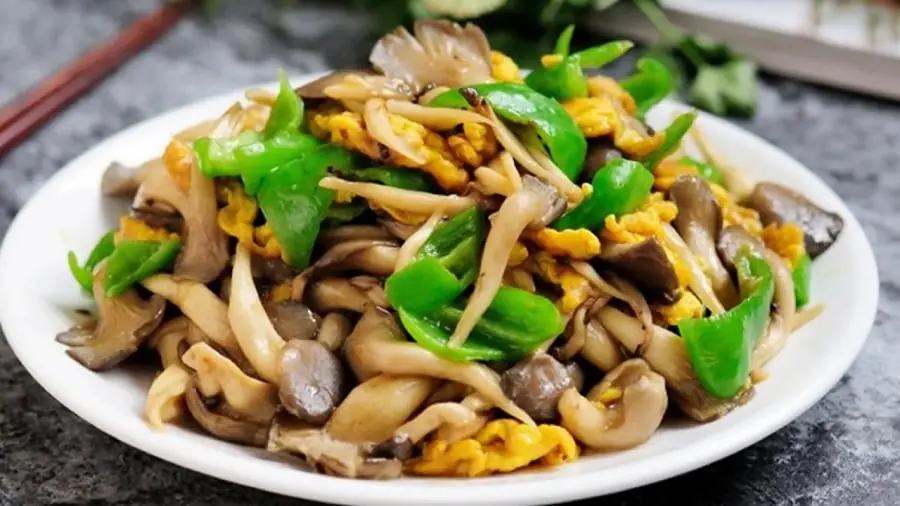
5 Foods That Become Harmful When Reheated
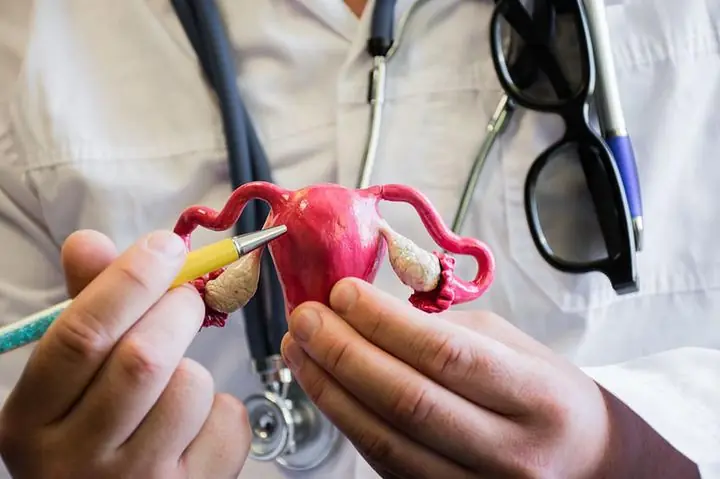
Women Who Regularly Eat These 4 Dishes Won’t Have to Worry About a Cold Uterus

7 Types of Fish High in Mercury: Limit Them No Matter How Much You Like Them
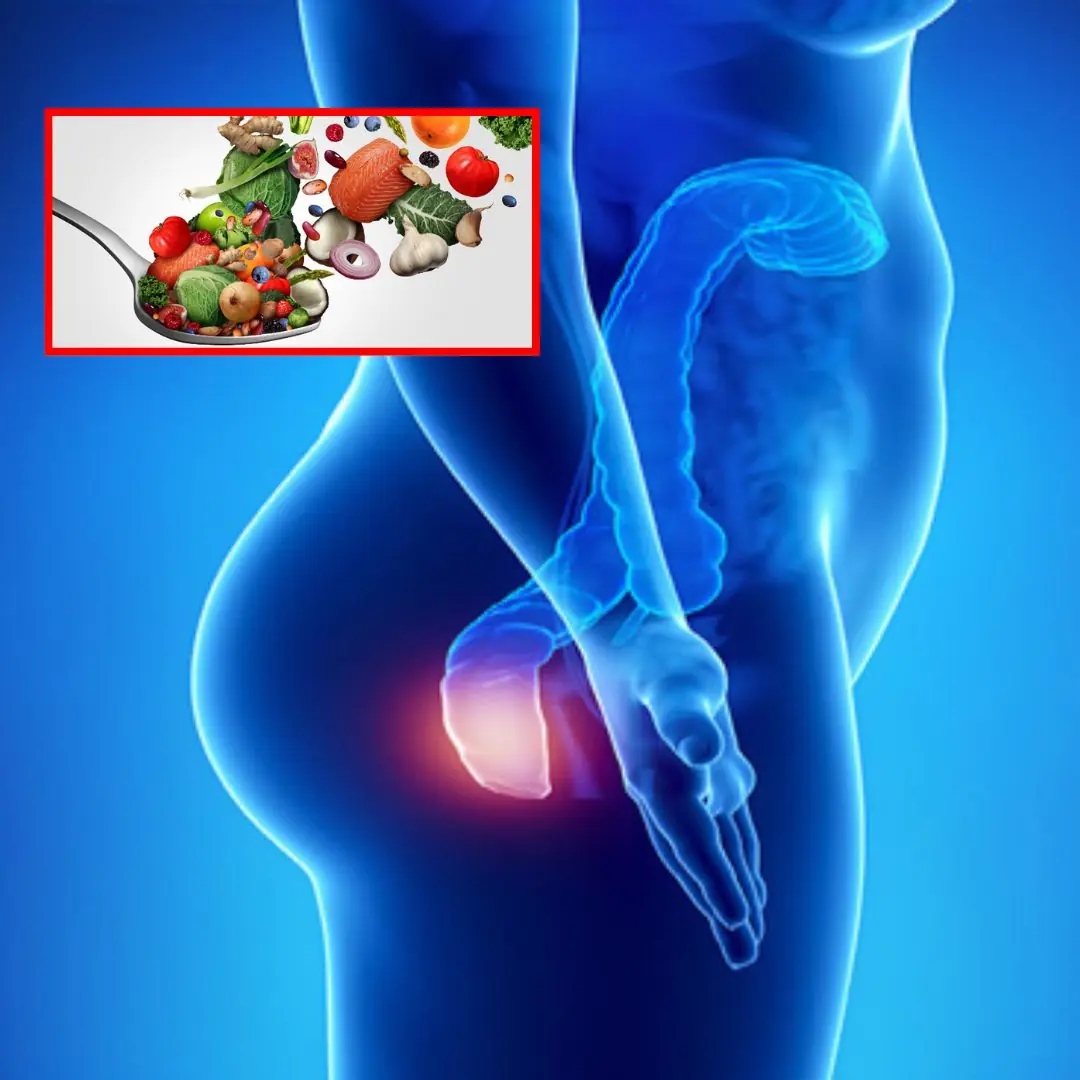
15 Foods That Are Good for People with Hemorrhoids
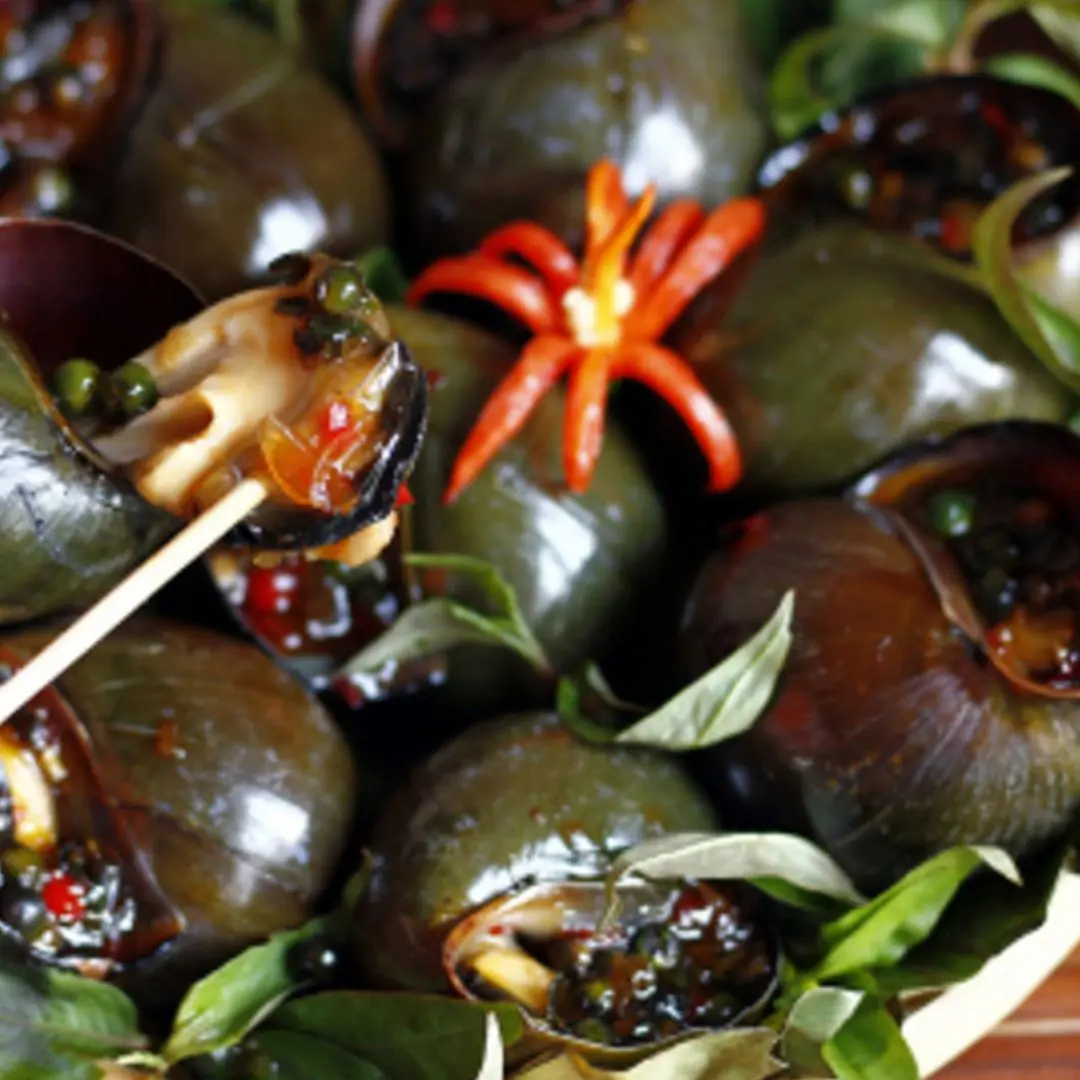
The Worst Foods for Worm Contamination You Should Know About
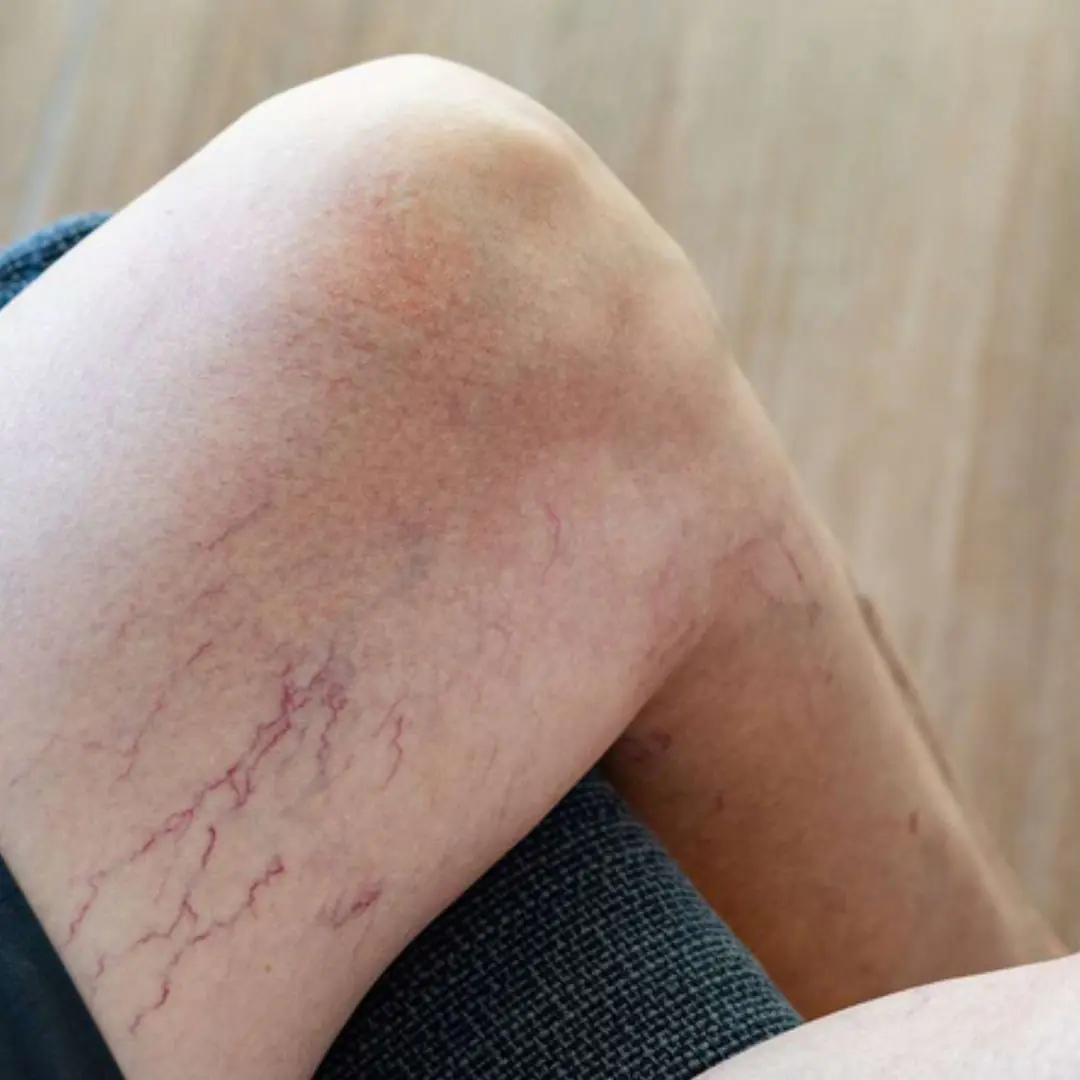
Leg Veins Turning Purple? Here’s What You Need to Know

Revealing 6 Obvious Can.cer Warning Signs You Can Spot Just by Looking in the Mirror!
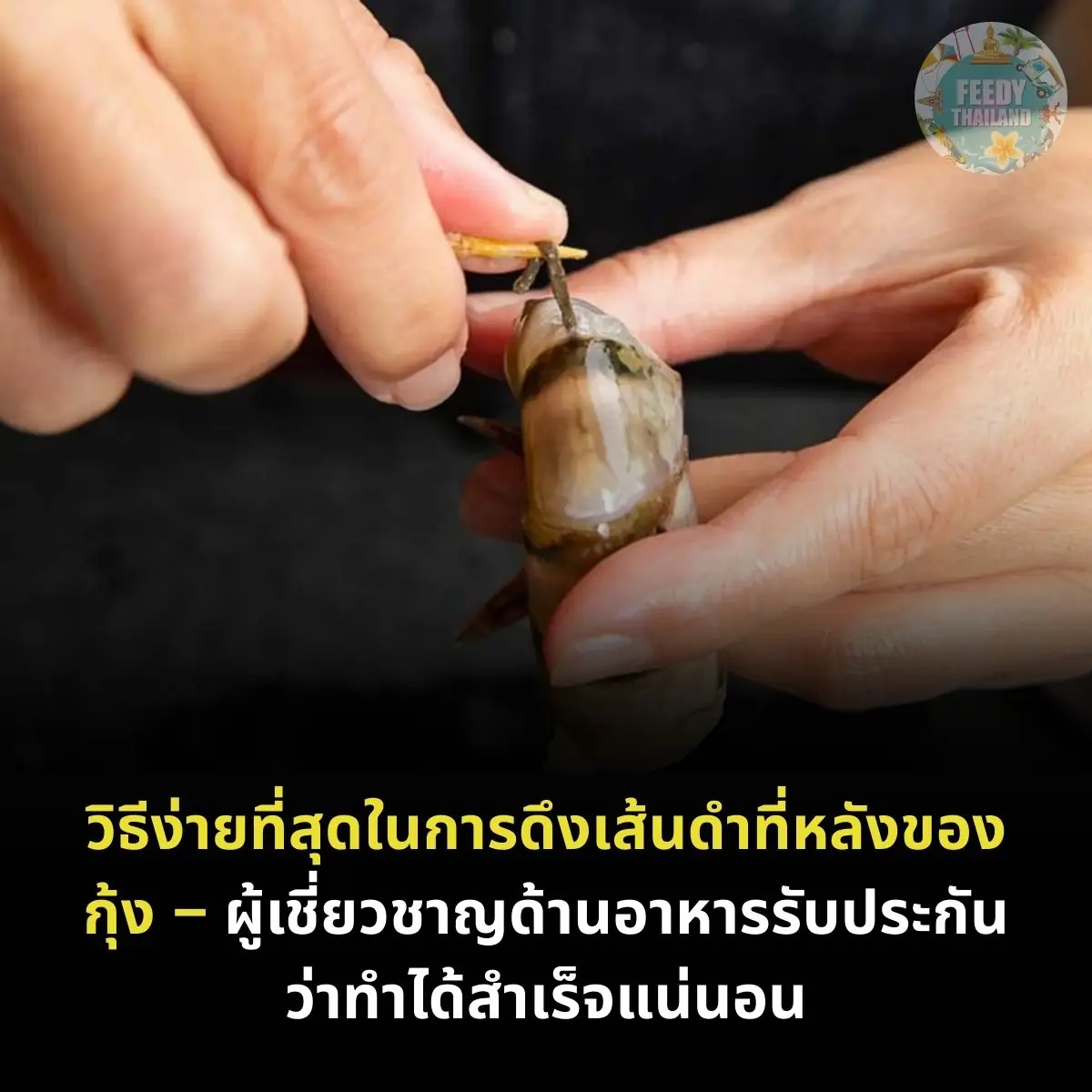
Women on the Verge of “Estrogen Depletion” Often Show 5 Alarming Signs
News Post

Not milk or dried shrimp – this is the real “Calcium King” that many people overlook

Man develops 'pork worms' in his br.ai.n after years doing this specific cooking habit

Diabetes can 'show' strange signs in the neck: If you see them, don't ignore them

3 Drinks Called the “Calcium Drainers” But Many People Still Love

4 Surprisingly “Clean” Vegetables with Minimal Pesticides

3 Lucky Plants That Bring Prosperity and Wealth

6 Golden Habits to Help Seniors Reduce the Risk of Cerebral Infarction
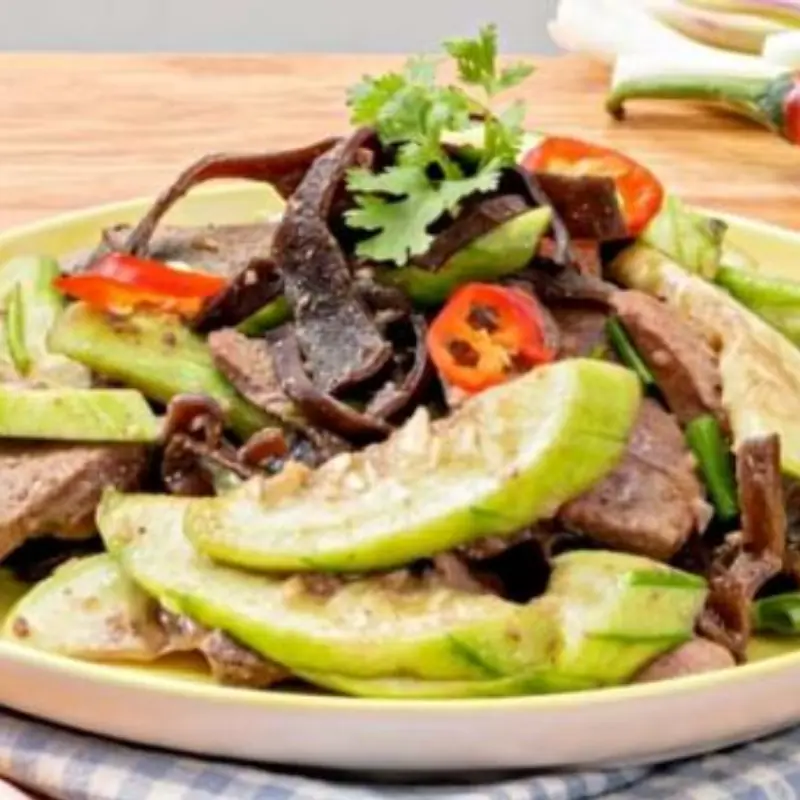
One Part of Chicken Contains Four Times More Cholesterol Than Pork Fat

Sweet Potatoes Are Not Good for These 3 Groups of People

Just hang a handful of these leaves in front of your door - flies and mosquitoes will disappear

Want the Health Perks of Coffee? Here’s the Best Time to Drink It

Taylor Swift and Travis Kelce announce engagemen

Washing Machines Have a Special Mode That Dries Clothes Faster

Flight attendant explains why cabin crew members always sit on their hands during takeoff

6 things you should absolutely not do when you have neck and shoulder pain because they destroy bones and joints and are terrible for your stomach

8 types of plants that attract snakes into the house

Mixing fabric softener with salt: Great use to solve household problems

Headache for 5 days, woman suddenly fell to the ground, co.nvulsed, had difficulty speaking

Summer or winter, Japanese people wear socks to sleep — here’s why!
